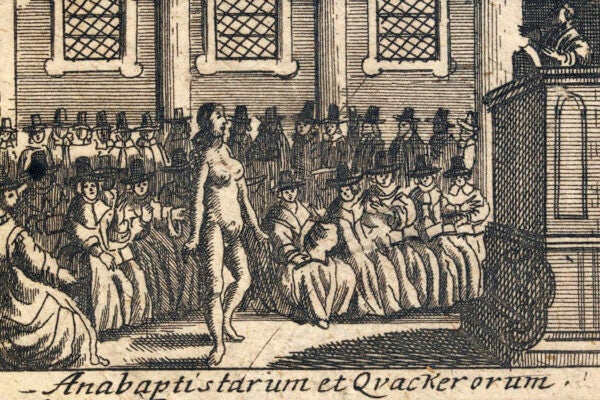Voting in American Politics: A Syllabus
From battles to expand the franchise to the mysteries of turnout, voting is one of the most important things to understand about US politics.
Preserving History at the Digital Transgender Archive with Portico
Portico helps preserve underrepresented community content and collections, including the wide-ranging materials of the Digital Transgender Archive.
Genesis of the Modern American Right
During the Great Depression, financial elites translated European fascism into an American form that joined high capital with lower middle-class populism.
How a Rice Economy Toppled the Shogun
The co-existence of economies—one based on rice, the other on money—pushed the Tokugawa government toward financial misery and failure.
Richard Gregg: An American Pioneer of Nonviolence Remembered
Gregg was one of the first translators of Gandhi’s methods of nonviolent resistance for the West.
The Gift of the Grange
Originally a secret society, the National Grange of the Order of Patrons of Husbandry today is an important health and education resource in rural communities.
Where Are the Trees?
Why some neighborhoods get all the shade, and how can we make sure that changes.
Remembering the Rumble in the Jungle
The 1974 Rumble in the Jungle was freighted with symbolism regarding American racial politics and the pan-African struggle in the context of the Cold War.
Whence Warchitecture
The targeted destruction of the built environment during the Bosnian War led to the emergence of a new term in the discourse of urbicide: warchitecture.
The Naked Quakers
Today, the international feminist group FEMEN uses nudity as part of its protests. But appearing naked in public was also a tactic used by early dissenters.









